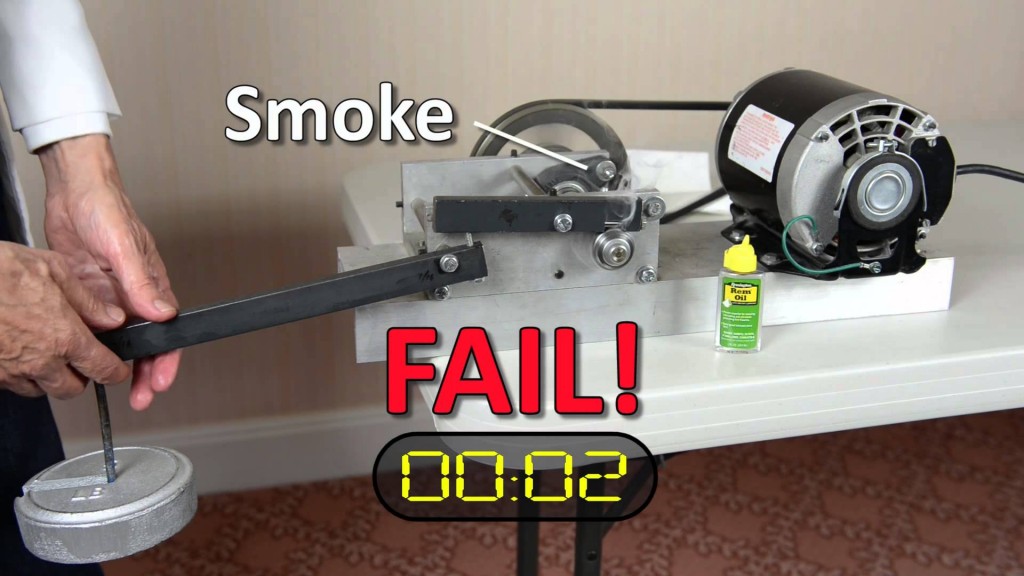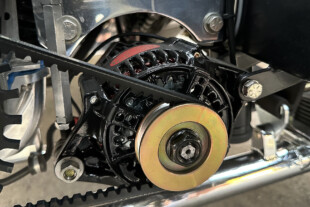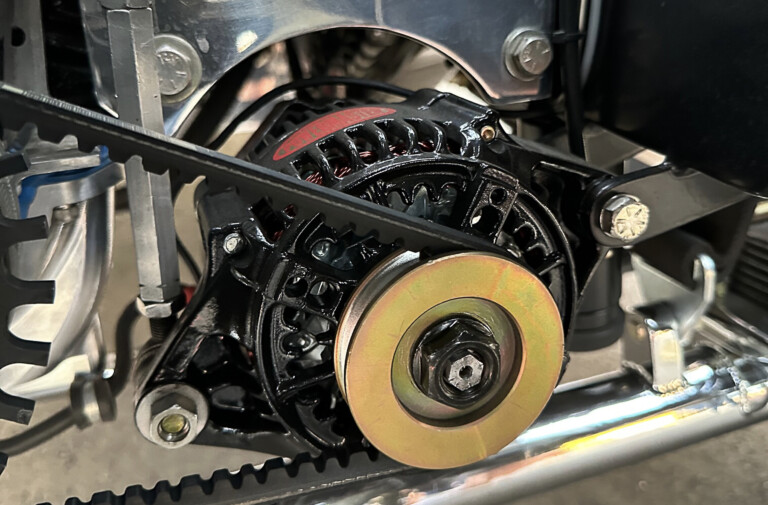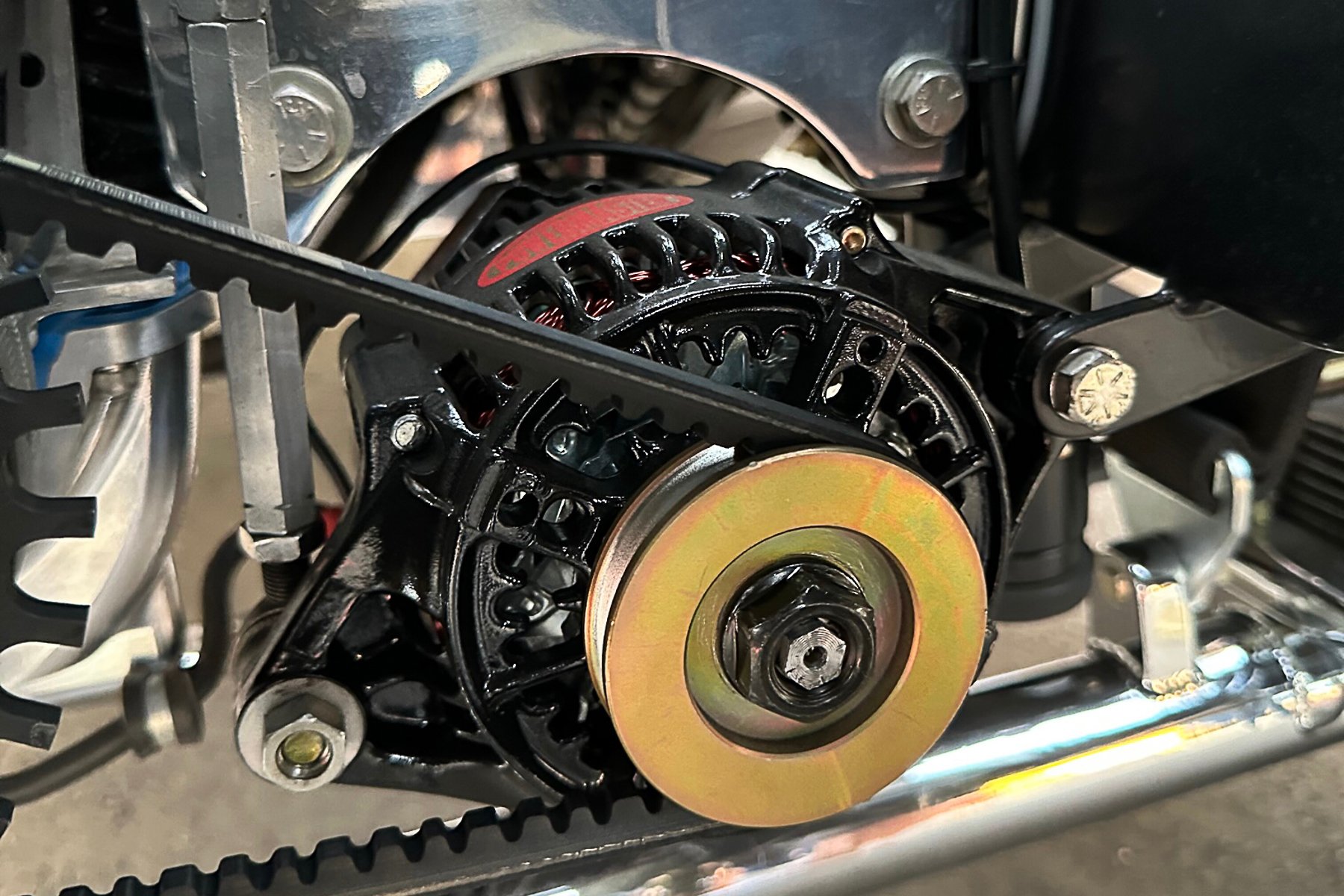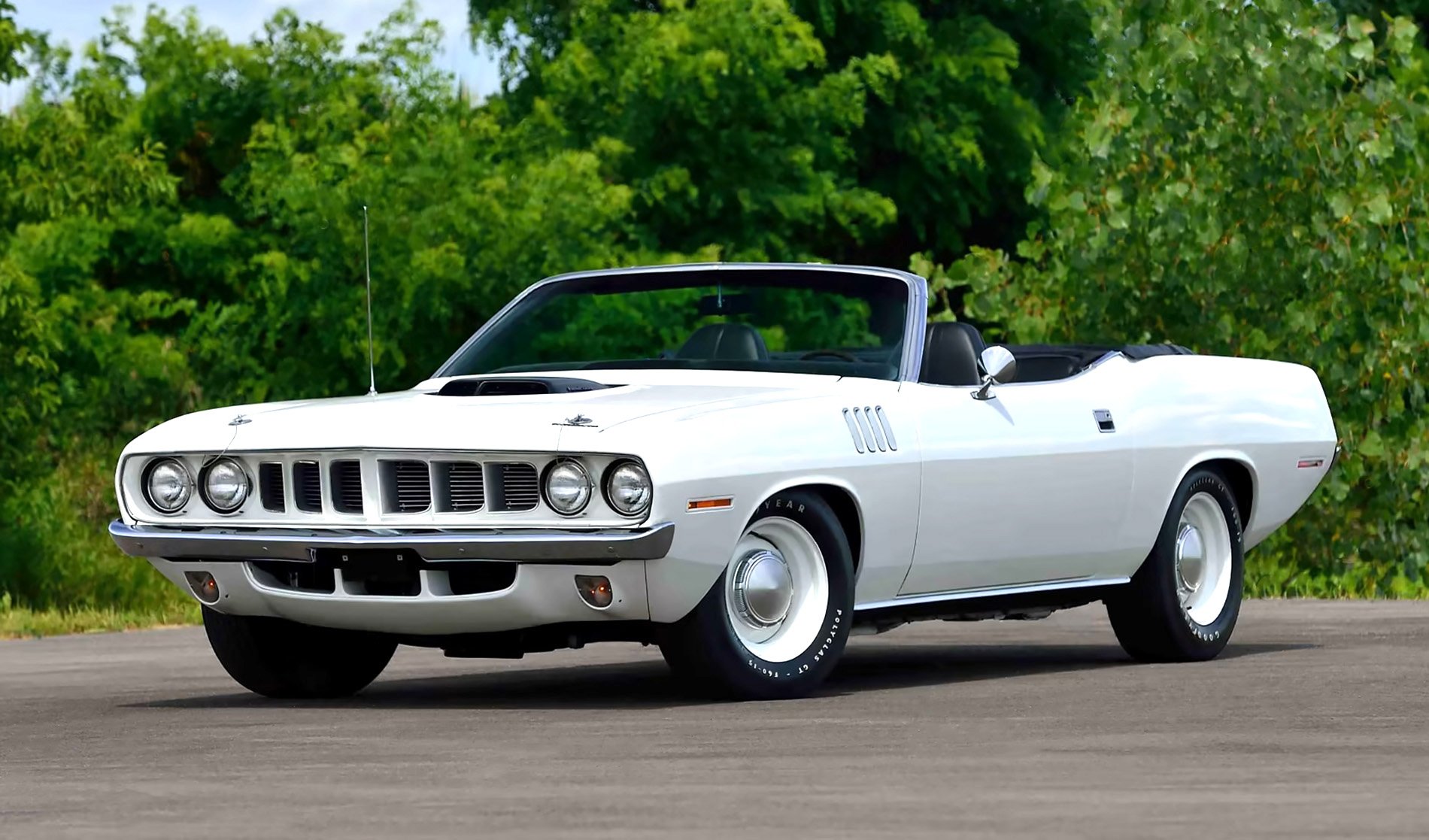Much confusion and debate exists in regards to motor oils and lubricants in general. One of the primary reasons for this is that lubricants are chemicals in a bottle. Unlike hardware or sheets of plywood that are easily measured, touched and observed, lubricants are these slippery products that we typically don’t like getting on our hands. This opens the Pandora’s Box for clever marketers that have developed many “tests” to demonstrate the superior performance of their lubricant using their “proprietary formula featuring the miracle molecule unobtainium.”
In all seriousness, how do these “tests” actually relate to real world results? While these “tests” often seem to produce quite dramatic results, why is it that these same products don’t as often deliver as dramatic results in real world use?
The answer is quite simple, it’s mis-application. That may not have been the answer you was expecting, so let me explain.
We are not dismissing the results of these “tests” as “slight of hand” or some other unscrupulous method of producing a false result in the “test”. On the contrary, many products can provide exceptional and repeatable performance in tests like the Timken bearing tester or the 4 ball wear test. The question is, are these valid tests that accurately predict motor oil performance in an engine?
Let’s consider the Timken bearing test. Also known in the lube industry as the Falex wear tester or “one armed bandit,” it is probably the most widely known “oil test.” The device consists of a rotating ring and a fulcrum arm that is used to place a load on a test specimen of bearing steel. The rotating ring draws the chosen lubricant into the contact area between the ring and test specimen. Then, the fulcrum arm is lowered to bring the test specimen into contact with the rotating ring. Variations of this test include manually loading the fulcrum arm to measure how much “load” the lubricant can carry before the ring and test specimen come into contact. Some variations of this test place a specified load on the fulcrum arm and then measure the wear scar on the test specimen. The basic idea being that the higher the load carrying and/or smaller the wear scar, the better the lubricant.
At first glance, this seems to make sense and appears to be logical. However, both Head and Shoulders shampoo and GL-5 rated gear oils will outperform motor oils in this “test,” so does that mean you should use Head and Shoulders shampoo as your motor oil?
The reason devices like these are not valid for testing motor oils lies in mis-application. First, these bearing and ball wear/load testers use bearing steel on bearing steel contacts. Engines are not made from bearing steel, so the metallurgy is not correct to an engine application. Second, none of these test devices simulate the by-products of combustion. One of the most effective additives in these “tests” are chlorinated paraffins. The additives are commonly found in metalworking fluids, and they provide excellent extreme pressure protection. However, chlorinated paraffins can form hydrochloric acid if exposed to water. Every combustion cycle in an engine creates water vapor, so some moisture will end up in the crankcase where it can react with the oil. If you are using an oil doped with chlorinated paraffins there is a higher risk of corrosive damage in the engine. Back when NASCAR allowed qualifying engines, many teams used special qualifying oils that contained high levels of chlorinated paraffins, and if the chlorinated paraffin oil was left in the motor after qualifying it was not uncommon for many engine parts to be damaged due to corrosion. In one instance, the acids from the oil actually “ate” a valve spring retainer.
As you can see, designing an oil for a “test” versus designing and oil for an engine are two completely different things. A PhD chemist that headed Research & Development for ExxonMobil Chemical once said that, “the only test for an engine oil is an engine.” That is a very true yet costly and time consuming reality. When Joe Gibbs Racing sought out Lubrizol, the world’s largest additive supplier, it cost over $1 million in engines and nearly 1 year to develop the specialized formulations for their NASCAR racing engines. Imagine how much time and money is involved in developing a fuel efficient motor oil for commercial diesel trucks, yet the technology for the commercial diesel trucks does not apply to the formulations for a NASCAR racing oil.
The point is to understand that the application itself dictates the correct chemistry. In fact, the false “tests” actually testify to this. Their outstanding performance in the application of the “test” is due to the chemistry being adapted to the “test”. What we are calling into question is the validity of the test to an actual engine. Caveat Emptor – Let the buyer beware is an appropriate warning in regards to engine lubricants that demonstrate “amazing performance” in tests that are not actual engines.
– Lake Speed Jr., Driven Racing Oil



